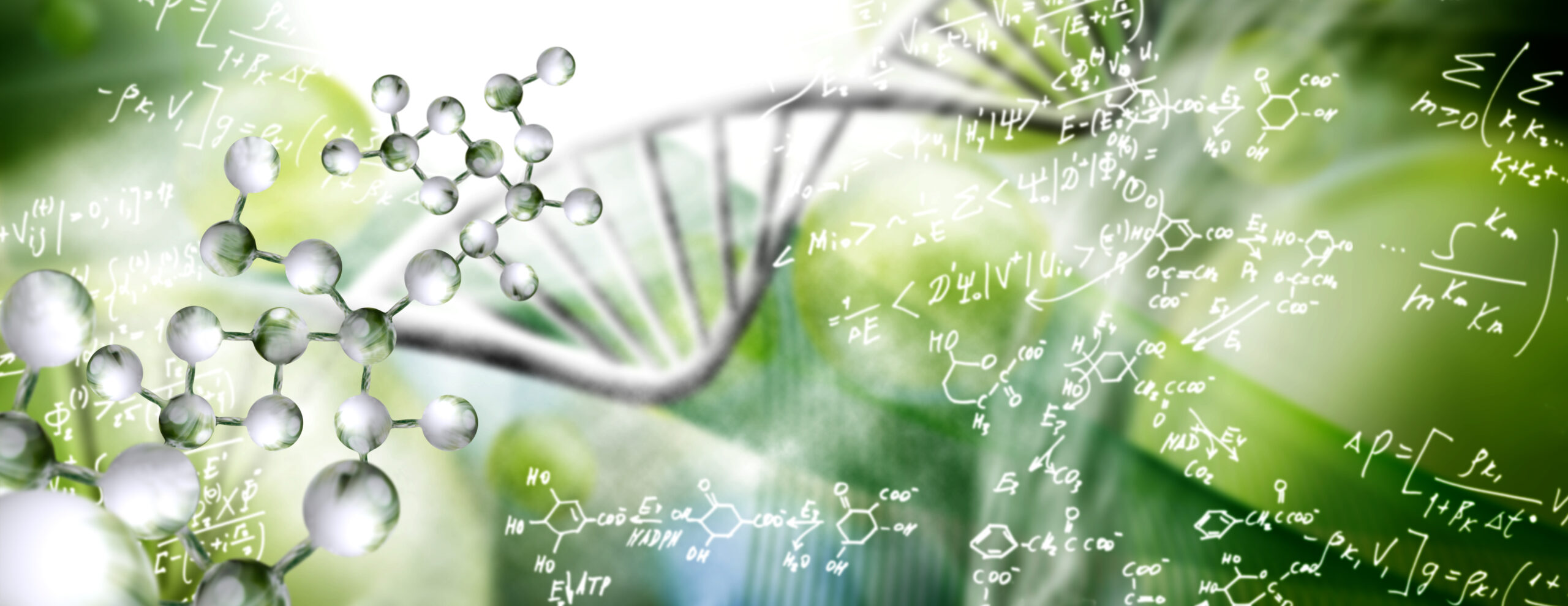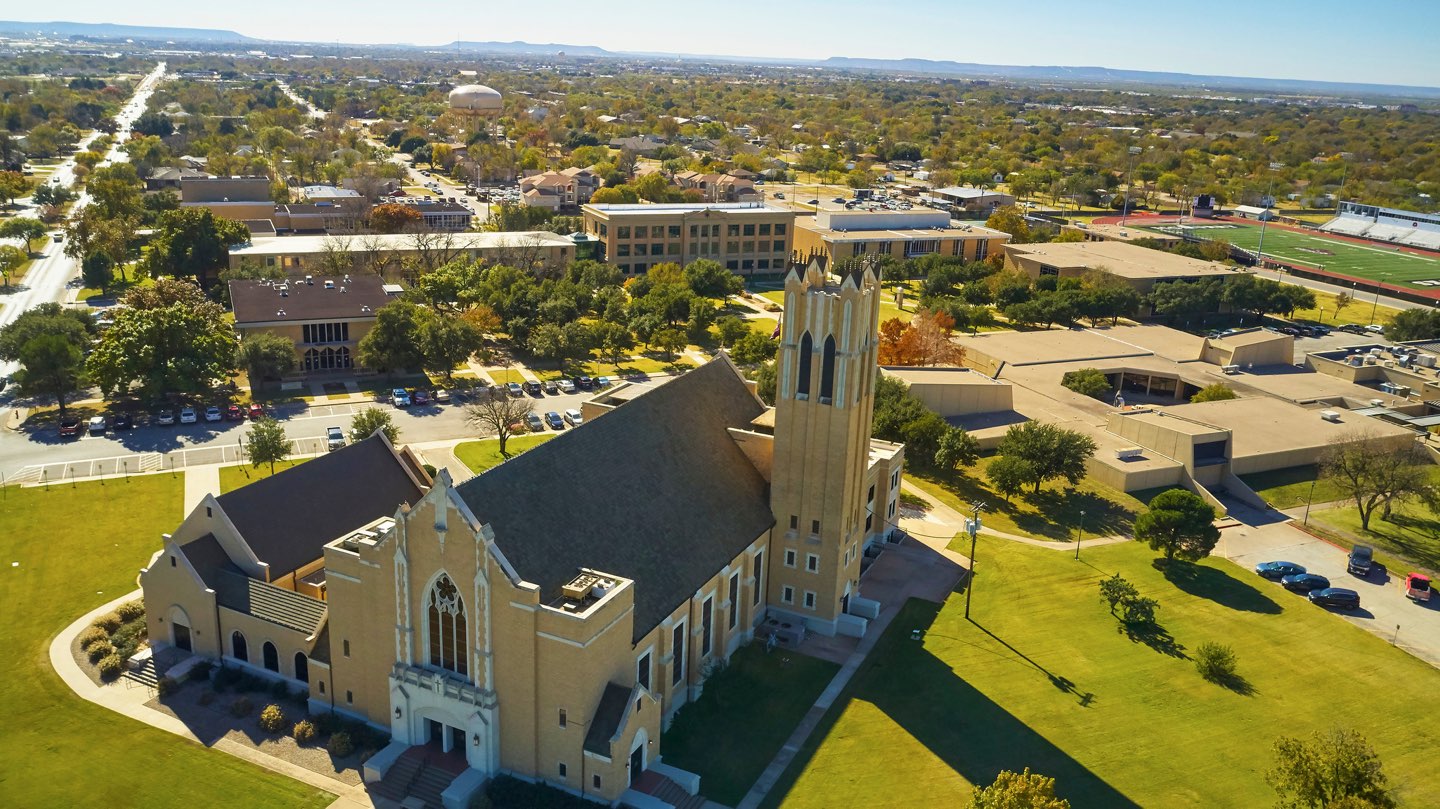
Biology
Biology is the study of life in all its forms — from single-cell microorganisms to complex multicellular plants and animals. The biology program at McMurry University focuses on the organism and how the organism interacts in and with the natural world. Courses explore the diversity of species, ecological interactions between individuals and species, and the evolutionary relationships between taxa. As a biologist, you’ll use the scientific method to observe, ask questions, generate hypotheses, perform experiments and form conclusions about the world around us.
Go to page
Music
Music enriches our world in so many ways, be it a mood-setting song in a coffee shop, an exciting movie score or a whimsical ringtone. A successful career in the music field not only requires intensive practice of your instrument or vocal technique, but it also necessitates cooperation in group performance, a background in music history and a firm understanding of music theory.
Go to page
Mathematics
Mathematics is the study of the relationships between numbers, structures and patterns, and it is the foundation upon which most other sciences are built. It allows for the collection and processing of data about the world around us and abstract concepts that have no physical representation. The McMurry University Bachelor of Science in mathematics enables students to explore a wide range of mathematical disciplines, and it can be preparation for many technical careers; the foundation for business, medical and law degrees; and the impetus for doctoral-level studies in mathematics or a related field.
Go to page
Psychology
Psychology is the study of human behavior and emotion. It covers a broad range of topics—cognition, motivation, personality development, social influences, memory, communication and mental health disorders, just to name a few. Psychology also acknowledges the role of biology in human behavior and adheres to the scientific method in seeking knowledge.
Go to page
Biochemistry
The McMurry University Bachelor of Science in biochemistry can prepare students for careers in disparate fields, such as business, government, law, environmental science, academics, forensics and healthcare, as well as postgraduate degrees in pharmacy, medicine, dentistry, chiropractic, physical therapy, biotechnology, academic administration and more. McMurry has ARTICULATION AGREEMENTS with several Texas colleges and universities that enable students to make a seamless transition to graduate or professional school.
Go to page
Sociology
Sociology is the study of human behavior — how factors like religion, culture, relationships and social constructs affect people, groups and all of humanity. From complex societies to the one-on-one laws of attraction, sociologists use data and psychology to decode the experiences we all share. With a degree in sociology, you’ll understand family constructs, organized institutions, social class, race and other factors that motivate individuals and shape society. Empathy and drive for change make sociologists incredible candidates for meaningful, world-improving careers. Humanity is exciting and complex. The skills you learn during your sociology studies will serve you in your career and help you recognize the motivations and emotions of co-workers, clients, bosses and family. At McMurry, you can earn a Bachelor of Arts or a minor in sociology.
Go to page
Criminology
As a student of criminology, you answer the call to protect and serve by focusing your attention on the criminal mind. The McMurry criminology curriculum provides a solid grounding in psychology of the human mind as it relates to offenses against the law. As a criminologist, you’ll gain knowledge in criminal profiling, learn techniques for predicting and preventing crime, and act as a vital participant in law enforcement. Studies include cause-and-effect analysis, sociology and serial murder investigations. You’ll seek to understand the factors that lead to crime, like socioeconomic factors, education, peer influence, drug and alcohol abuse, and other psychological issues. There’s always a mystery to be solved and a community to be served in the field of criminology.
Go to page